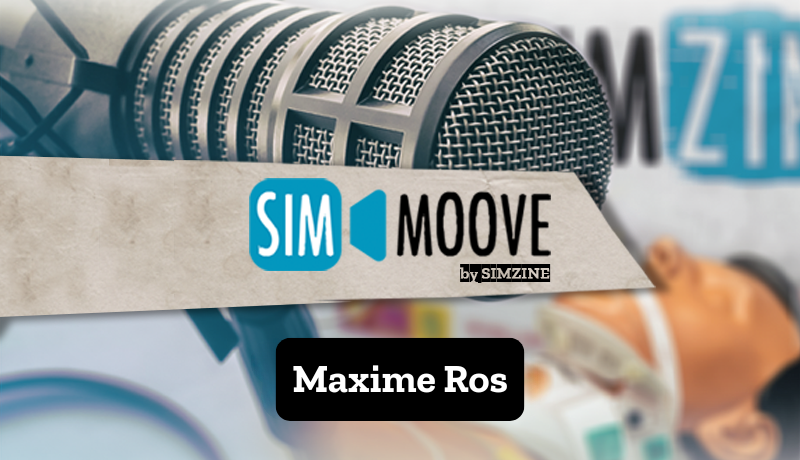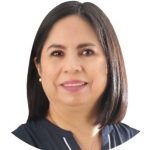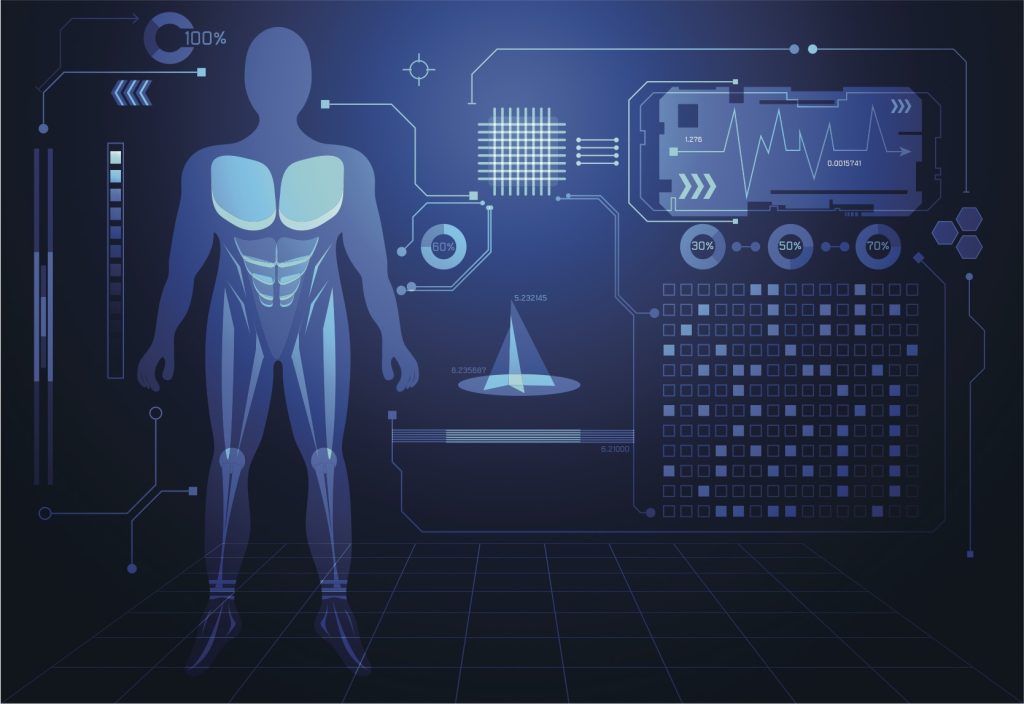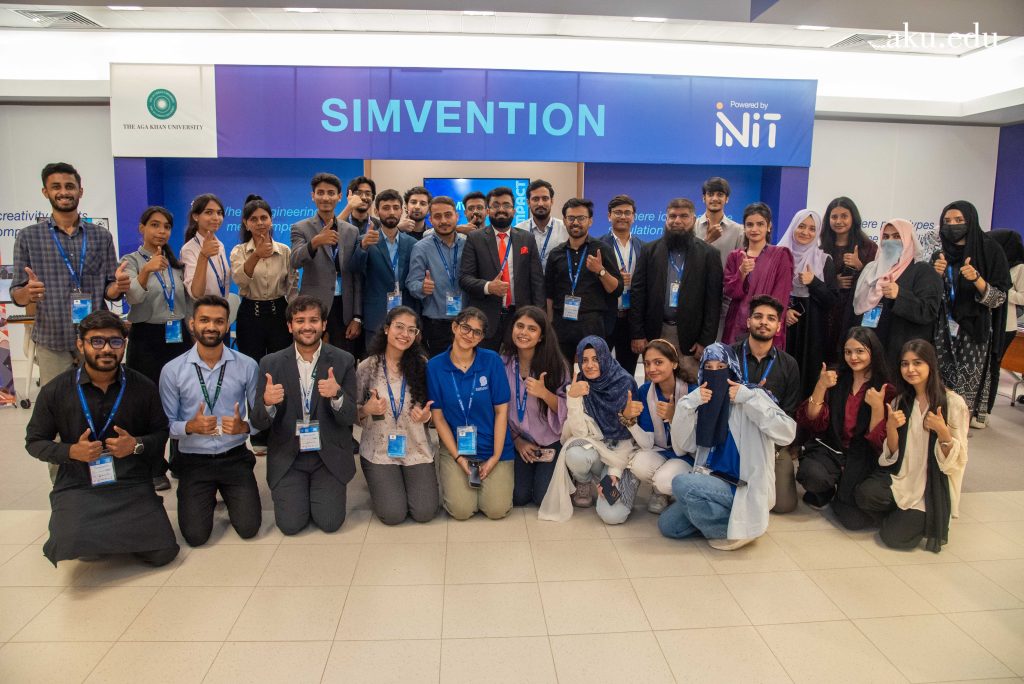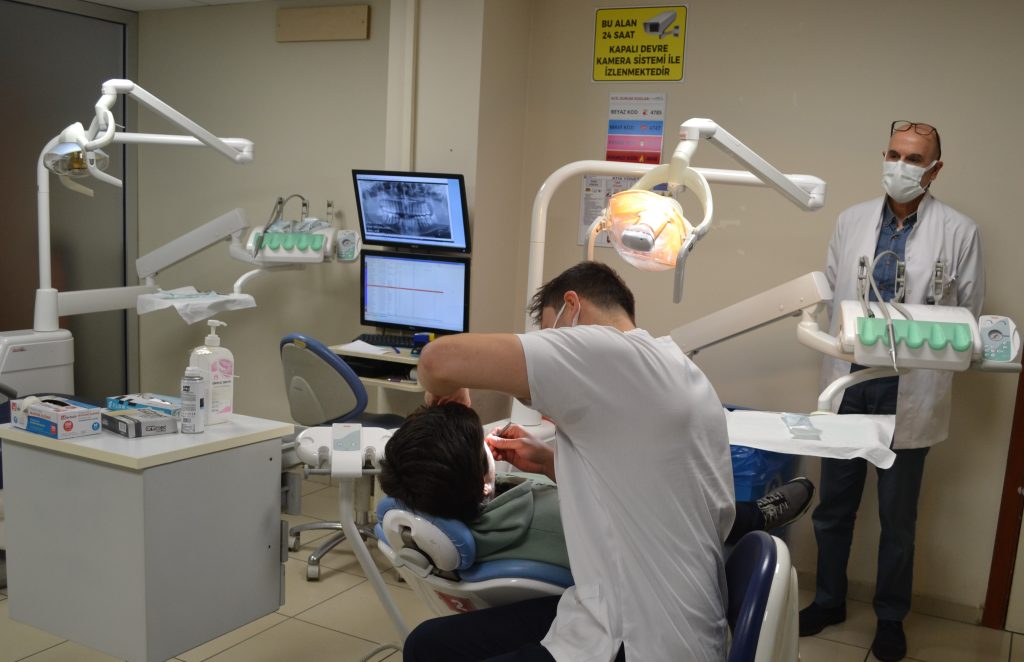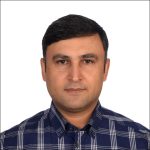Our editor-in-chief Pier Luigi Ingrassia explores the rise of professional recognition in healthcare, and presents personal journeys in healthcare simulation, plus what is new in the last SIMZINE issue
The rapidly evolving field of healthcare simulation represents a pivotal evolution in medical training, highlighting the necessity for hands-on, experiential learning. This transformation brings to the forefront a vital discussion about the recognition of simulation-based educators and technology specialists as professionals in their own right. A profession, after all, is not merely a collection of individuals performing a job; it is a community of learned individuals who adhere to specific ethical standards and practices for the greater public good. The journey of healthcare simulation from an auxiliary educational tool to a fundamental pillar underscores the dedication and innovation of these specialists. They possess a unique combination of clinical expertise, pedagogical knowledge, and technological skill, designing scenarios that mirror the complex realities of patient care in order to create experiences which allow participants to reflect afterwards and to transfer new mental models into clinical behaviors. Formal recognition of these roles as distinct professions is a step toward acknowledging the critical value they add to healthcare education and patient outcomes. Thus, transitioning from roles often undervalued or considered voluntary to recognized, compensated positions is not just a matter of professional dignity; it is crucial for the sustainability of the field. Incorporating the broader definition of a profession, we understand that professions such as medicine, law, engineering, and now, simulation in healthcare, are bound by a commitment to work for the public good. This commitment entails not only adhering to rigorous standards of practice but also contributing to the continuous improvement of those standards for the benefit of society at large. Athena Ryals, in her thought-provoking article, eloquently champions the emerging recognition of simulation technicians in medical education. Ryals advocates for acknowledging SIM techs, with their diverse backgrounds and skills. Actually, her argument extends beyond mere acknowledgment, delving into the essence of what it means to be a professional in this innovative domain.
As we advocate for the formal recognition and equitable compensation of simulation-based educators and technology specialists, we also embrace the power of storytelling to illuminate the human aspects behind the technology and pedagogy. It’s with great excitement that we announce the launch of the SIMLove article series at this important moment. SIMLove articles uncover the personal stories behind our professional journeys. These narratives explore challenges, achievements, and insights, highlighting the diversity and depth within the simulation community. In this number Dheeraj Lokesha presents the event which marked a milestone in his career as a simulation technician and Hilary Gupte describes her Transformational Journey of a Simulation Educator. We are also happy and honored to have the testimony of Ferooz Sekandarpoor who has made his enthusiasm for simulation a successful profession. And, the story of a female entrepreneur, Mirette Dubè, who highlights the significant impact of dedication and advocacy for patient safety through health systems simulation.
But we have not forgotten the fundamentals of our profession. Paolo Gastaldi guides us on the importance of emotional skills, acquaints us with the neurobiological foundations of emotions, and proposes an innovative gradient of emotions offering a new perspective to enrich learning and debriefing in simulated clinical scenarios. As well as we also discuss the art and science of debriefing, with the contribution of Desiree Diaz and Kristina Thomas Dreifuerst from INACSL, not forgetting simulation devices through the technical gaze of Antonio Scalogna and Scott Crawford of SimGHOSTS.
I conclude by thanking Barry Issenberg, current President of SSH, and inviting you to read the in-depth conversation I had with him on his passions, pathway to leadership, and future aspirations for the society and for healthcare education.
PLI
READ ALSO
































